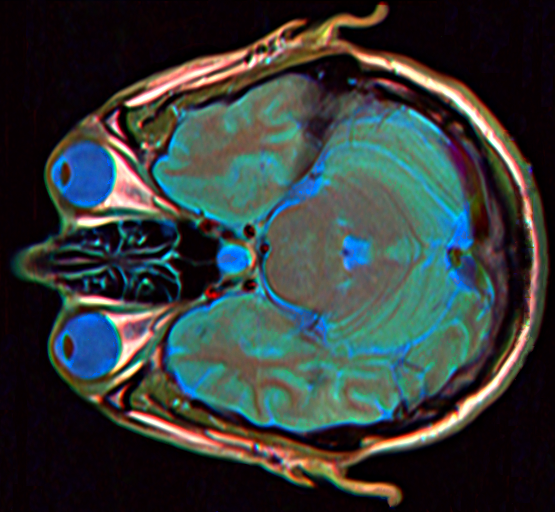Scientists Explain How Humans Evolved to Have a Bigger, Better Brain

New research suggests that a component of a protein is the reason that humans have complex and bigger brains than animals.
"We wanted to know why. The size and cognitive capacity of the human brain sets us apart. But how did that happen?" said lead researcher James Sikela, PhD, from the University of Colorado Denver.
Researchers found that protein domain called DUF1220 may explain why humans have bigger brains. Humans have more than 270 copies of DUF1220 in their genome whereas chimpanzees have 125, gorillas have 99 and mice have just one. The number of copies of DUF1220 shows how close an animal may be to humans.
"This research indicates that what drove the evolutionary expansion of the human brain may well be a specific unit within a protein – called a protein domain -- that is far more numerous in humans than other species," said Sikela
For the study, researchers compared the genomes sequences of animals and humans. They even compared genome sequence of people who have larger (macrocephaly) or smaller brain size (microcephaly) to people who have normal brain size.
They found that people who have low number of DUF1220 have a smaller brain size while people who had a high number of DUF1220 have a larger brain size.
"The one over-riding theme that we saw repeatedly was that the more copies of DUF1220 in the genome, the bigger the brain. And this held true whether we looked at different species or within the human population,"Sikela said
"The take home message was that brain size may be to a large degree a matter of protein domain dosage. This discovery opens many new doors. It provides new tools to diagnose diseases related to brain size. And more broadly, it points to a new way to study the human brain and its dramatic increase in size and ability over what, in evolutionary terms, is a short amount of time," Sikela said.
The study wass published in the American Journal of Human Genetics.
Published by Medicaldaily.com



























